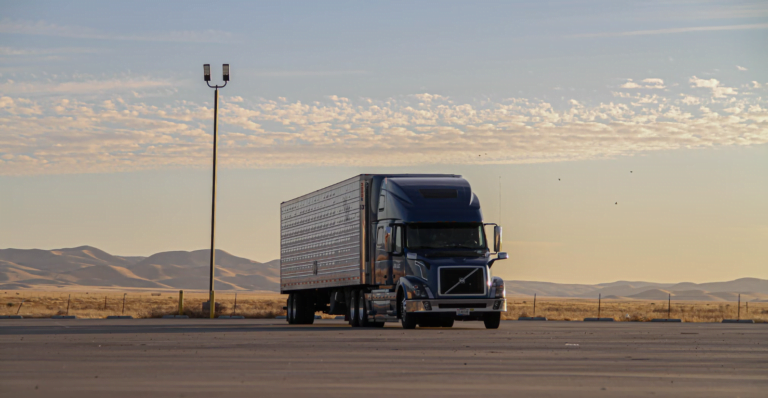After last year’s staff shortages and surplus of consumer demand, the Australian freight and logistics industry is still in catch-up mode.
A fresh threat in 2022 is making life difficult for operators, with some warning that supply chain pressures are far from over and could even end up getting worse.
The consequences of fuel price increases
During the pandemic, the world experienced a drop in fuel prices because demand dipped so drastically. Petrol production companies were forced to wind back operations. As a result, fuel production levels are relatively low… and costs have risen alarmingly.
To add to this, AdBlue shortages impacting diesel-fuelled vehicles and unrest in Eastern Europe are contributing to higher fuel prices.
In the absence of a fuel tax credit, transport operators of all sizes are crying out for support.
As reported by Australiasian Transport News in June, many operators are spiralling into debt because of increasing fuel costs. Some are being forced into bankruptcy, especially as the ATO is now playing hardball on overdue tax debts and sending out penalty notices in the tens of thousands to company directors.
There is also a misconception that the freight and logistics industry is being adequately supported by the government.
ATN’s recent article shared that “On March 30, the old coalition federal government announced it would slash the 44 cents per litre fuel excise for all road vehicles to cope with the growing price of fuel and the exorbitant cost of living expenses. But while doing that they subtly took away the transport company’s fuel tax rebate credit (FTC) that provides a rebate of around 17.8 cents per litre that operators can claim back quarterly.”
As a result, people are mistakenly believing fuel price pressures have eased for transport companies, when this isn’t the case.
Are freight and logistics set to become more expensive?
The fallout from the FTC rebate removal is increasingly unmanageable debts and fuel bills that have doubled in less than a year. While smaller operators are hit the hardest, even some larger freight and logistics companies are finding themselves in the position of having to sell and get out.
Locally, operators are pressuring the ALP to reinstate the FTC by July 1st, which is when the next round of quarterly business activity statements are due.
With this story currently developing, it’s a ‘wait and see’ situation when it comes to how the Federal Government will respond to warnings of skyrocketing costs from the freight industry, which will soon find itself with no choice but to raise prices to compensate for the lack of rebate.
When will fuel prices stabilise?
A steadying in fuel prices is difficult to predict because of changing global and economic conditions. If the tensions between Russia and Ukraine continue, it’s possible that the situation will worsen before it improves.
So it is not something that can be counted on in the short term.
If you’re a retailer, you may wish to lock in contracts with your freight and logistics providers now, so you can be protected from extreme price jumps. Otherwise, it’s a matter of maintaining strong connections within the industry so you still have providers to choose from in the event of the situation becoming more difficult.
It pays to have great connections in the freight and logistics industry. Reach out to EFS today.






